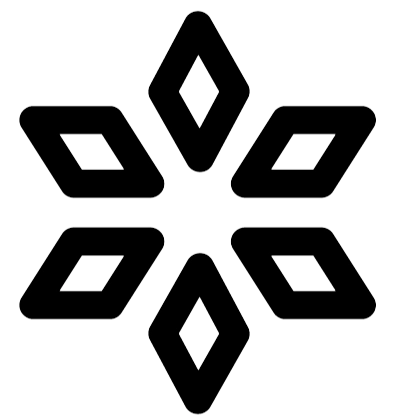We answer your questions!
Discover everything you need to know about personal care assistant services, how to qualify, schedule an assessment, and more. Our Frequently Asked Questions section provides detailed answers to your concerns about home care services, waiver programs, and private duty services. Start your journey towards personalized care today.

How do I qualify for Personal Care Assistant (PCA) services?
To be eligible for PCA, a person must:
- Live in the community and not a facility, such as a hospital or nursing home.
- Be able to direct care or have a representative who can direct care on their behalf.
- Be enrolled in one of Minnesota’s health care programs (Medical Assistance, MA waiver/Alternative Care). Some people on MinnesotaCare are also eligible.
- Have an assessment that determines they are eligible.
The person’s county, tribal nation or managed care organization conducts the assessment.A person’s lead agency (their county, tribal nation or managed care organization) must conduct an assessment to determine if the person is eligible. The lead agency assessor will discuss the person’s service options with them at the time of the assessment.
A person may choose a provider agency from a list they might receive at their PCA assessment. Lists are also available at MinnesotaHelp.info or from the Disability Hub MN, 866-333-2466, or the Senior LinkAge Line, 800-333-2433.
How do I schedule an Assessment for PCA services?
If you are over 64 and enrolled with a managed care organization, you must contact your MCO’s member services department. Otherwise, you must contact your local county or tribal nation.
What type of services are included in PCA care?
PCA covers these four basic categories of services:
- Activities of daily living (ADLs): Activities a person needs to carry out on a daily basis to remain healthy and safe. The covered ADLs are dressing, grooming, bathing, eating, positioning, transfers and mobility.
- Instrumental activities of daily living (IADLs): Activates a person needs to carry out on a regular basis to remain independent. Examples include shopping, paying bills and meal preparation.
- Health-related procedures and tasks: Tasks such as supporting a person with self-administered medications or help with range of motion exercises.
- Observation and redirection of behaviors: Monitoring a person’s behaviors and redirecting them to more positive behaviors when needed.
What does the transition from PCA to CFSS services mean?
DHS is in the process of transitioning the PCA program into Community First Services and Supports (CFSS). For more information, see the Community First Services and Supports webpage.
Who can work for me as a PCA?
Your PCA worker must meet minimum program requirements and be competent to meet your individual needs.
Minimum program requirements for all PCA workers:
- Pass a background study.
- Pass a standardized training and test.
- Be enrolled with DHS and affiliated with your PCA agency.
Additionally, your PCA must:
- Be able to do the tasks in your care plan.
- Be able to communicate with you and your provider.
Your PCA may be your friend, neighbor or other relative not listed above if they meet the requirements.
Resources:
Enhanced rate
Some PCA work is eligible for an enhanced rate. For more information, see the Enhanced rates or budgets and training stipends for support workers webpage.
Appeals
A person may appeal the results of their assessment using the Appeal to State Agency form, DHS-0033.
Maltreatment
All PCAs and PCA agency staff are legally required to report suspected maltreatment. Report suspected maltreatment of adults using the Minnesota Adult Abuse Reporting Center mandated reporter form. Report suspected maltreatment of children by contacting the child’s county or tribal nation: Contact us: Minnesota’s county and tribal child protection agencies.
Report suspected fraud in the PCA program by visiting the Office of the inspector general’s Report fraud webpage.
What are Home and Community-Based Waiver Services?
Minnesotans with disabilities or chronic illnesses who need certain levels of care may qualify for the state’s home and community-based waiver programs.
To participate in one of the home and community-based waiver program, the following questions must be asked about the services:
- Are the services necessary to ensure the recipient’s health, welfare and safety?
- Will the services address skill development and/or skill maintenance?
- Is the service covered by any other funding source, such as Medical Assistance state plan services, private health care coverage, Medicare, education or Vocational Rehabilitation Service?
- Have all options been assessed and does this option meet the individual desires, needs and preferences of the person?
- Is the cost of the service considered reasonable and customary?
Because each of the waiver programs was written to meet federal guidelines, each program includes:
- Eligibility requirements specific to the type of disability
- Funding parameters and limits
- Separate county and/or state policies
- Service menus
Home and Community-Based Service Programs
Minnesota has entered into a number of waiver agreements with the federal government in order to provide Minnesotans with more choice in their services. There are some differences in the services available in each waiver and the amount of money a person can use to purchase supports.
Home and community-based waiver programs available to people who meet the eligibility criteria include:
- Alternative Care, a program that supports certain home and community-based services for older Minnesotans, age 65 years and over, who are at risk of nursing home placement and have low levels of income and assets.
- Brain Injury (BI) Waiver for people with acquired or traumatic brain injuries who need the level of care provided in a nursing facility that provides specialized (cognitive and behavioral supports) services for people with brain injury or neurobehavioral hospital level of care.
- Community Alternative Care (CAC) Waiver for chronically ill and medically fragile people who need the level of care provided in a hospital.
- Community Access for Disability Inclusion (CADI) Waiver for people with disabilities who require the level of care provided in a nursing facility.
- Developmental Disabilities (DD) Waiver for people with developmental disability or related condition who need the level of care provided in an Intermediate Care Facility for Persons with Developmental Disabilities (ICF/DD).
- Elderly Waiver (EW) for people over the age of 65 years who require the level of care provided in a nursing facility.
Consumer directed community supports (CDCS) is available under the Alternative Care program and each of the waivers.
How do I apply for Waiver Services?
You can apply for waiver programs at your local county social services agency. A screening process determines eligibility for all waiver programs. DHS administers the following waiver programs for people with disabilities:
- Brain Injury
- Community Alternative Care
- Community Access for Disability Inclusion
- Developmental Disabilities
DHS also administers the Elderly Waiver (EW) waiver program and the Alternative Care program to provide home and community-based services for eligible older Minnesotans. For more information or to apply, contact your local county agency.
What are Private Duty Services?
Private duty in-home services provide long-term, comprehensive hourly nursing or home health aide care. Services may include medication management, personal care, homemaking, companionship, and some medical treatments. A client may have private duty staff in the home anywhere from 4 to 24 hours per day.
Private duty nurses often care for patients with chronic conditions, such as diabetes, heart disease, or respiratory disorders. They help manage these conditions by monitoring symptoms, administering prescribed treatments, and providing education and support to the patient and their family.
Private duty is not covered by Medicare, Medical Assistance, Waiver programs, or private health insurance, however, it can be used in conjunction with Long Term Care insurance.
What are some times to start thinking about Private Duty Care?
- Anytime a loved one receives a new diagnosis
- Discharge from a Hospital of Skilled Nursing Facility
- After a fall or when a fall is suspected
- New prescription of medication especially blood thinners
- After a loss
How Do I Start Home Care Services With Diamonds Home Health Care, Inc.?
The first step is to contact Diamonds Home Health Care, Inc. office to schedule a free in-home consultations with a Registered Nurse, who will meet with you to discuss your needs, answer your questions, and provide additional information about services.
If you hire a Diamonds Home Health Care, Inc.s’ in-home caregiver, the Registered Nurse will perform an in-home assessment and develop a care plan that identifies the services for your loved one.
Diamonds Home Health Care, Inc. will identify caregivers with the skills, personality, and cultural competence to assist your loved one. You will then be able to meet the caregiver, and if you and your loved one approve, they will begin working for you.
What If I Would Like To Select A New Caregiver?
To be eligible for PCA, a person must:
Diamonds Home Health Care, Inc. believes successful home care starts with finding the right caregiver. The Registered Nurse will get to know your loved one and provide a personalized recommendation to match them with the right caregiver successfully.
An in-home caregiver can be an adjustment for older adults, and it can take time for your loved one and caregiver to get comfortable with each other. However, if — for any reason at any time — you feel the caregiver isn’t the right match, you can reach out to your coordinator to recommend another caregiver.
Contact Diamonds Home Health Care, Inc. for More Information
We’re here to assist you with any inquiries about our home health care services. Reach out to our friendly staff via phone, email, or visit our office during business hours.
Address
2740 Minnehaha Avenue, #146, Minneapolis, MN 55406
Call
+1 (612) 724-4254
